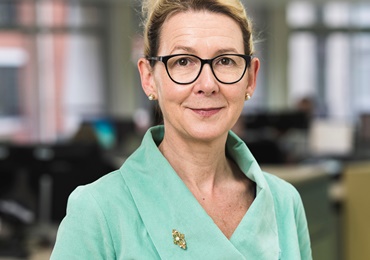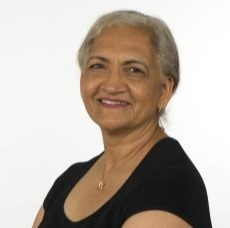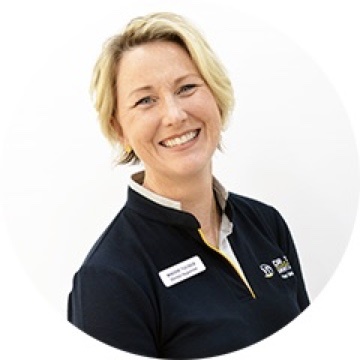Digital Health – Artificial Intelligence and healthcare

I recently attended the All-Party Parliamentary Group’s (APPG) ‘Citizen Participation: AI and Me’ event at the House of Lords.
The group aims to be the intermediary between the Artificial Intelligence (AI) community and Parliament. Several types of organisation were present including universities, the NHS, AI app designers, and AI public commentators.
The event was
extremely insightful and raised some important points for the GDC and healthcare in general to consider:
- ‘Digital Health’ is the name for AI services used to give advice on healthcare.
- Location of healthcare services through AI - research shows that AI tools (such as Amazon Alexa and Apple’s Siri) are being used ‘informally’ to locate healthcare services, even though they may not have been originally designed for this.
- There are very few system checks that validate the quality of the search results - it’s basically left for the user to decide their preferences.
- AI tools have great potential to learn and then predict health indicators of users (e.g. blood sugar response to certain foods).
- Clarifying AI and its potential may help address trust and consent issues - some members of the public currently demonstrate distrust towards AI.
- Human-level AI intelligence is likely to be quite a way off - however AI tools will continue to add complexity to processes, so it’s better that the public learn about them.
- AI tools are not developed with representative populations – meaning future iterations could increase inequality rather than reduce it.
We also discovered some interesting news regarding the phasing-in of SNOMED CT to NHS England dental practices.
This is a glossary of terms (referred to as a ‘clinical terminology list’) designed to help clinicians share information consistently across different branches of healthcare. It includes terms for diagnosis, procedures and symptoms.
From 1 April 2020 all practices that hold an NHS England contract, and any provider that interacts, or intends to interact, with the NHS for the provision of a course of treatment, will need to ensure that their practice management systems comply.
This consistent use of terms should allow dental professionals to understand diagnoses from different areas of healthcare (and vice-versa) but will require some learning by referring to the SNOWED CT list.
For further information on SNOMED CT and the requirements, please visit the NHS Digital website.
 eGDC
eGDC























